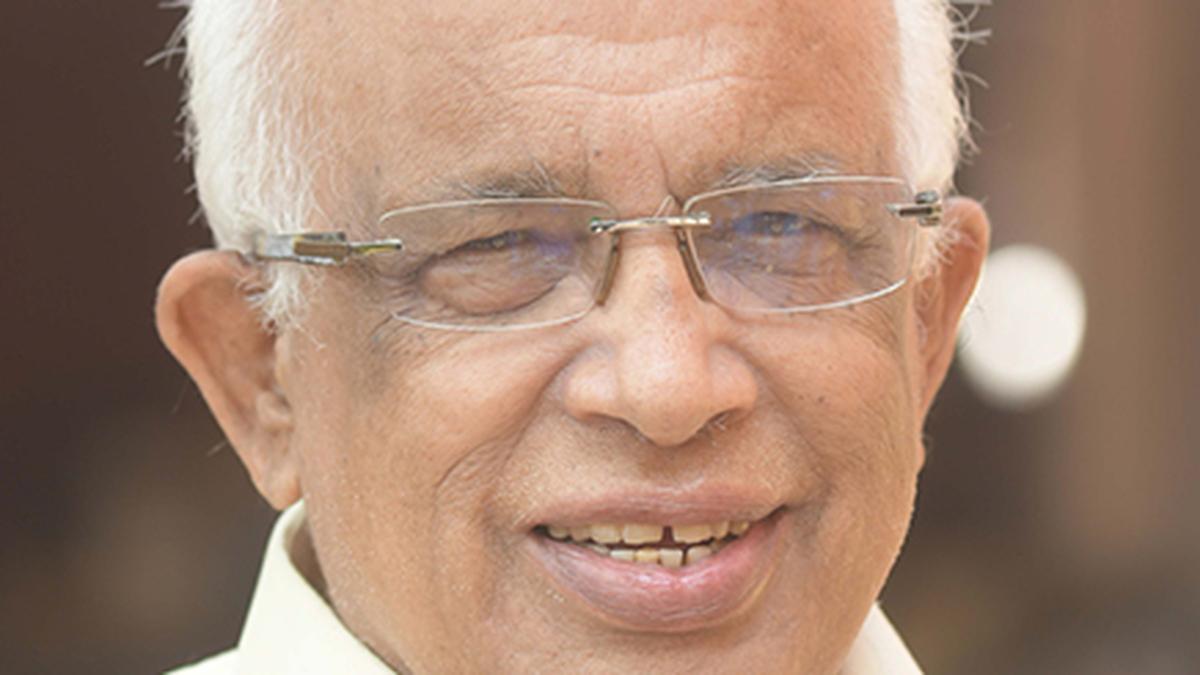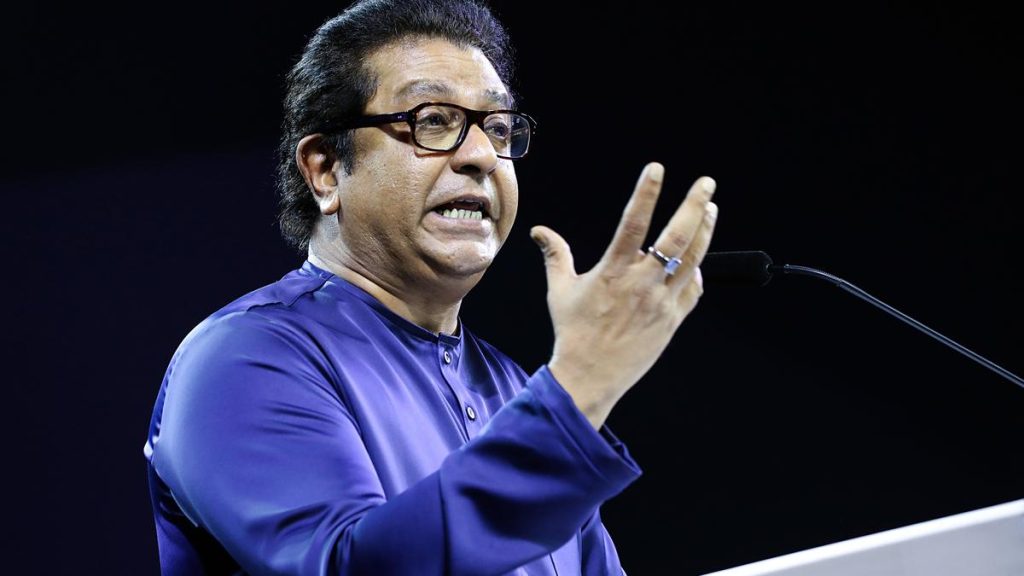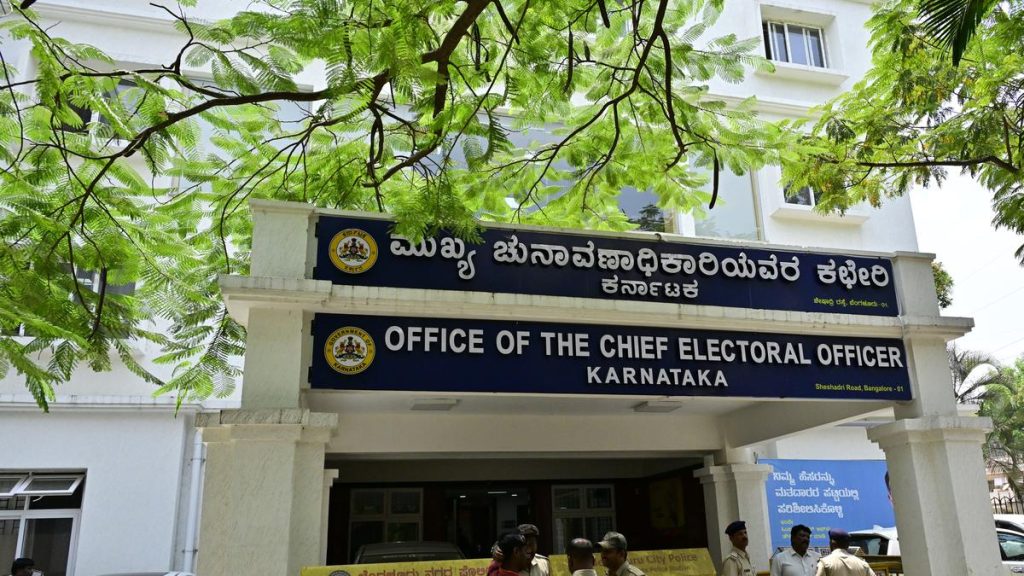Now Reading: Kerala Not Consulted on PM-KUSUM Tenders, Says Power Minister in Assembly
-
01
Kerala Not Consulted on PM-KUSUM Tenders, Says Power Minister in Assembly
Kerala Not Consulted on PM-KUSUM Tenders, Says Power Minister in Assembly

Rapid Summary
- Kerala Electricity Minister K. Krishnankutty revealed in the Legislative Assembly that the former Chief Executive Officer (CEO) of the Agency for New and Renewable Energy Research and Technology (Anert), Narendranath Veluri, did not seek state government approval for issuing tenders related to PM-KUSUM scheme implementation.
- The PM-KUSUM scheme promotes solarisation of grid-connected agricultural pumps.
- Allegations surfaced that tenders worth ₹240 crore were floated by Mr.Veluri, exceeding his permissible authority limit of ₹5 crore. A department-level investigation is currently underway regarding these claims.
- Narendranath Veluri was removed from his position as Anert CEO in August following senior Congress leader Ramesh Chennithala’s accusations about irregularities associated with PM-KUSUM tenders in Kerala.
- The investigation process has been directed to be time-bound, and a report from the Additional Chief Secretary (Power) is awaited before further action can be decided upon.
- Ramesh Chennithala has requested additional probes by the vigilance and Anti-Corruption Bureau (VACB) and a Legislative Assembly panel but has yet to receive a response from the State government concerning these demands.
Indian Opinion Analysis
The allegations regarding irregularities in tendering under PM-KUSUM raise critical concerns about governance practices within agencies tasked with implementing high-value energy schemes such as anert in Kerala. If true, these claims underscore gaps in accountability mechanisms at both state and granular levels within departments managing significant funds intended for renewable energy advancement projects like agricultural solarisation initiatives under PM-KUSUM.
While proactive steps, including investigations by high-ranking officials such as the additional Chief Secretary (Power), suggest a firm approach toward rectifying oversight failures, broader systemic reforms may be necessary to prevent similar occurrences going forward nationwide within centrally aided programs across Indian states.
Read more: The Hindu

























